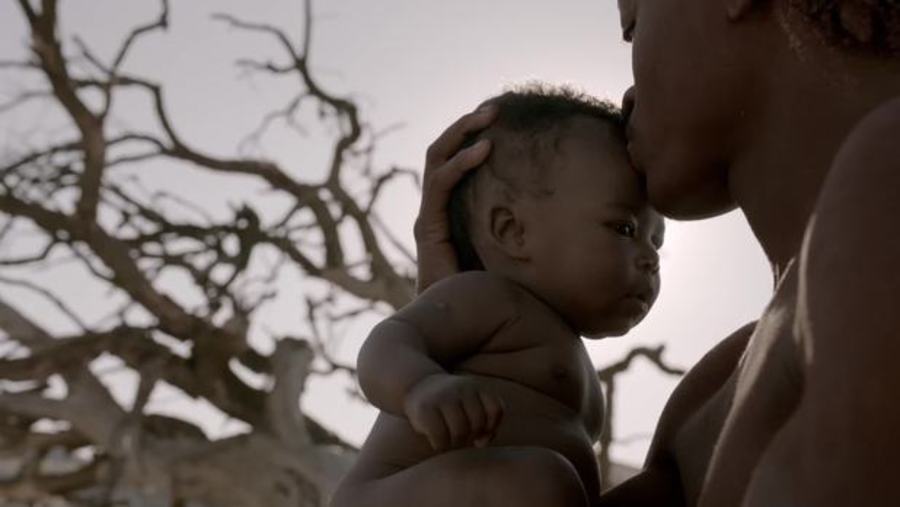 Try these videos to get started. Must be on campus or login with your COM account for off campus access.
Try these videos to get started. Must be on campus or login with your COM account for off campus access.
Want more on finding media? Try Articles & Media.
-
BBC History of the World Series (8 Titles)
Bringing 70,000 years of human history to life, this epic eight-part series travels through time to the big stories of history. It is a human story populated with big characters in the places where the big events really happened. It is the story of civilizations, cultures, successes and crashing failures, a story that charts progress and development through the centuries. Each film explores a crucial turning point in history, featuring dramatic reconstruction, computer graphics and gripping story-telling. From the early settlers in Mesopotamia to the wonders of Egypt and Rome and from the French Revolution to the Industrial Revolution, viewers are within history; shoulder to shoulder with the people who have shaped the world as we know it today. A BBC/Discovery Channel/Open University Co-production. 8-part series, 50 minutes each.
-
Great Battles of History Series (6 Titles)
This dazzling six-part series spotlights crucial battles within the context of epic struggles for national, political, and religious domination. With examples drawn from both the Old World and the New World, this select group of programs provides a new take on battles that have shaped history, from 1066 to 1815. 6-part series, 30 minutes each.
-
Journeys into Islam Sereis (4 Titles)
Filmed entirely on location, this four-part series shows how Islam has spread and flourished throughout Asia and Africa since the time of Muhammad. An excellent opportunity to balance out any Islamic studies collection currently weighted more toward the birth of Islam and the Ummayad and Abbasid caliphates. 4-part series, 47-52 minutes each.
-
Mapping the World Series (3 Titles)
From prehistoric rock art to the globe-spanning visions of Google Earth, this three-part series tells the dramatic story of mapmaking—its origins, development, myriad uses, and ongoing potential. Each episode addresses technological hurdles in the evolution of cartography while shedding light on issues relating to power, wealth, religion, and human knowledge across history. After following these seismic scientific and cultural shifts, viewers may never look at maps in the same way again. Presented by Professor Jerry Brotton of Queen Mary, University of London. A BBC Production. 3-part series, 49-51 minutes each.
-
-
Words of Change Series (6 Titles)
This penetrating series examines the literary legacies of Seneca, Plutarch, Machiavelli, Thomas More, John Locke, and Adam Smith: six of western history’s most influential writers in the fields of philosophy, political science, and economics. Their words changed their worlds—and continue to shape ours. 6-part series, 19-25 minutes each.
![]() Try these videos to get started. Must be on campus or login with your COM account for off campus access.
Try these videos to get started. Must be on campus or login with your COM account for off campus access.



